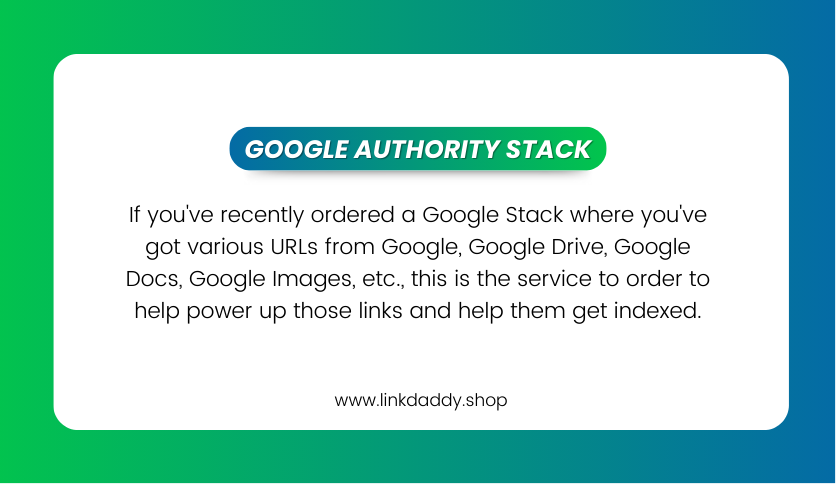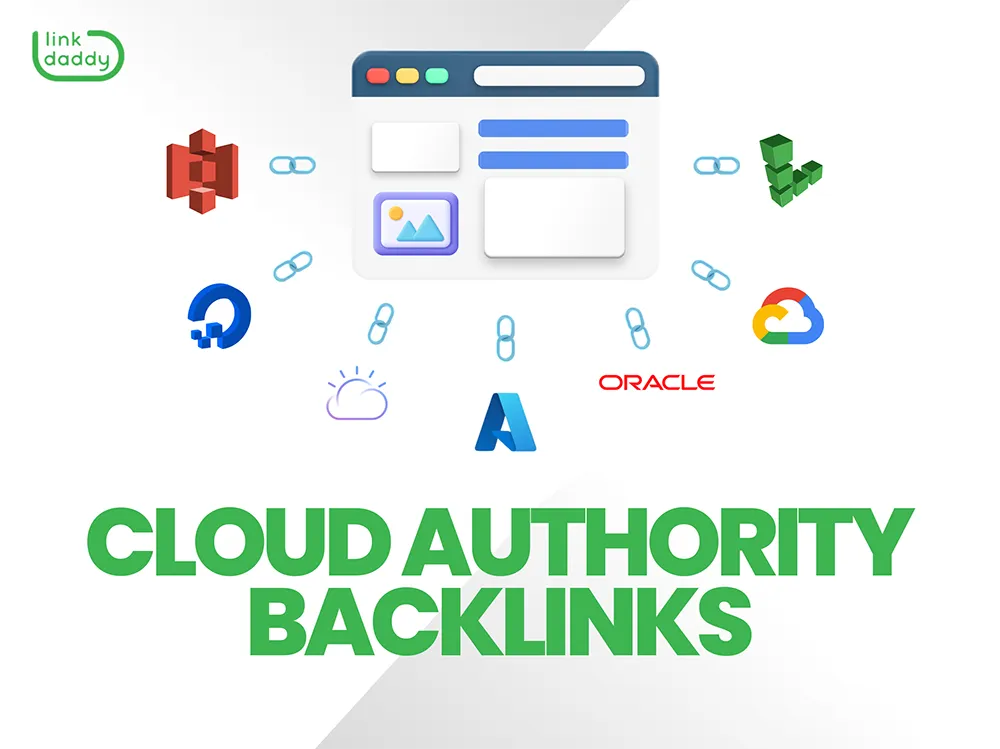Exploring Cloud Services: Trick Perks and Applications
Wiki Article
Understanding the Different Sorts Of Cloud Services and Their Uses
In today's electronic landscape, the world of cloud computer offers a diverse selection of services that provide to the needs of people and organizations alike. From Framework as a Solution (IaaS) to Software Program as a Service (SaaS), each sort of cloud solution offers an one-of-a-kind purpose and provides distinct benefits. Comprehending the differences in between these various cloud designs is critical for optimizing procedures, boosting scalability, and guaranteeing cost-efficiency in an increasingly interconnected world. By exploring the nuanced capabilities and applications of each cloud solution, one can browse the intricacies of cloud computing with accuracy and insight.Facilities as a Service (IaaS)
Infrastructure as a Solution (IaaS) supplies customers with virtualized computer resources over the web on a pay-as-you-go basis. This cloud computing model supplies essential IT infrastructure such as digital makers, storage space, and networking without the demand for organizations to buy and take care of physical servers and data centers. With IaaS, individuals can scale sources up or down based upon their requirements, providing flexibility and cost-efficiency.Among the key benefits of IaaS is its capacity to quickly stipulation and release facilities elements, enabling companies to react swiftly to changing needs and market conditions. By contracting out framework monitoring to the service provider, companies can focus extra on their core business tasks instead than handling the complexities of hardware maintenance and upgrades.
In addition, IaaS supplies a high level of integrity and protection, with suppliers typically providing durable information backup, catastrophe recovery, and cybersecurity actions. This helps guarantee that essential business operations continue to be continuous and data remains shielded versus prospective risks. universal cloud Service. On the whole, Infrastructure as a Service improves IT operations, improves scalability, and lowers resources expenses for companies of all dimensions
Platform as a Service (PaaS)
Building upon the foundation of Infrastructure as a Service (IaaS), Platform as a Solution (PaaS) supplies a detailed environment for developers to produce, deploy, and take care of applications without the complexities of underlying infrastructure monitoring. PaaS offers a platform with devices and solutions that streamline the advancement procedure, allowing programmers to concentrate on composing code and structure applications as opposed to handling facilities concerns.

Software Application as a Service (SaaS)
Software Program as a Solution (SaaS) reinvents the means companies gain access to and utilize software program applications by providing them on a registration basis with cloud carriers. This cloud computing model removes the need for organizations to maintain and mount software program on private gadgets, as everything is organized and managed centrally in the cloud.SaaS provides a cost-efficient option for companies as they just spend for the software they utilize without the included expenditures of hardware upkeep or software updates. It likewise supplies scalability, enabling firms to quickly readjust their software application demands based on their requirements.
In addition, SaaS applications can be accessed from any type of device with an internet link, promoting collaboration and versatility among remote teams. Safety and security is a leading concern in SaaS, with carriers applying durable actions to shield information saved in the cloud.
Popular examples of SaaS include client connection administration (CRM) software program like Salesforce, productivity tools like Microsoft Workplace 365, and cooperation systems like Google Office. SaaS remains to get traction in business globe due to its comfort, scalability, and cost-efficiency.
Feature as a Service (FaaS)
With the evolution of cloud services like Software application as a Service (SaaS) simplifying software program delivery, Function as a Service (FaaS) represents a standard shift in exactly how code is implemented in a serverless atmosphere. FaaS permits programmers to compose and execute individual functions or pieces of code in feedback to details events without the need to manage the facilities. This serverless computer design enables developers to concentrate exclusively on composing code to execute specific functionalities, without concerning themselves with the underlying framework or server monitoring.One of the key benefits of FaaS is its capability to scale immediately based on the inbound work. Features are executed in stateless containers that are rotated up and down as needed, making sure optimal resource use and cost-effectiveness. FaaS is specifically advantageous for event-driven and microservices designs, where code execution is triggered by events such as HTTP requests or data source updates. By extracting the Cloud Services infrastructure layer, FaaS streamlines advancement, speeds up time to market, and enhances general dexterity in deploying cloud-native applications.
Storage Space as a Solution (STaaS)
A fundamental element in cloud computer, Storage space as a Solution (STaaS) supplies users with a reliable and scalable remedy for managing data storage needs. STaaS permits organizations to save and recover data from remote servers by means of the net, removing the need for on-premises equipment. This solution supplies adaptability by enabling individuals to pay just for the storage space they use, making it an economical option for businesses of all dimensions.
STaaS is especially valuable for organizations with changing storage needs, as it gives a safe and secure and reputable storage space remedy without the requirement for considerable in advance investments. By leveraging STaaS, organizations can streamline their information administration processes, improve availability, and enhance data security in an inexpensive way.

Verdict
In final thought, comprehending the various kinds of cloud services and their usages is essential for services and people looking to take advantage of the benefits of cloud computing. By using the ideal cloud solution, organizations can enhance their performance, scalability, and adaptability in handling their IT framework and applications.From Facilities as a Solution (IaaS) to Software Application as a Service (SaaS), each type of cloud service serves a special function and provides unique benefits. universal cloud Service. By checking out the nuanced capabilities and applications of each cloud solution, one can browse the complexities of cloud computer with precision and insight
With the development of cloud solutions like Software program as a Service (SaaS) streamlining software shipment, Function as a Solution (FaaS) stands for a paradigm shift in just how code is performed in a serverless atmosphere.In conclusion, recognizing the various types of cloud services and their usages is vital for services and people looking to take advantage of the benefits of cloud computer. By making use of the ideal cloud service, companies can boost their effectiveness, scalability, and adaptability in managing their IT facilities and applications.
Report this wiki page